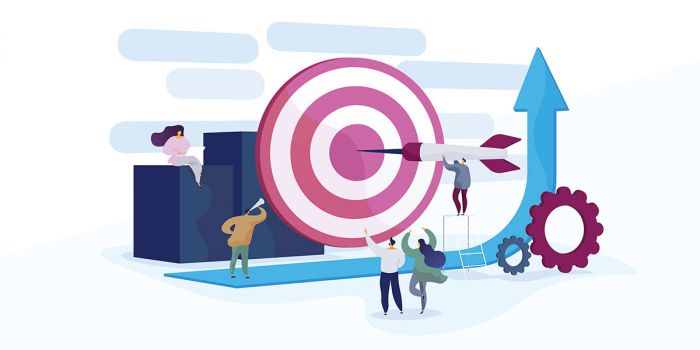
Becoming happier in life through self-awareness

Self-awareness seems to be a popular buzzword, both in professional and personal life. And for a good reason. Being self-aware means seeing ourselves clearly, which can lead to more happiness, confidence, and creativity. When we are self-aware, we make better decisions, have stronger relationships, and communicate more effectively. We can be better at our jobs, and with it more satisfied in our private life as well.
Most people believe that they are self-aware, but self-awareness is indeed a rare quality. Studies show that only about 10 to 15 percent of the population are truly self-aware. Luckily, self-awareness is something that can be practiced and cultivated.
The two dimensions of self-awareness
Internal self-awareness: When we are internally self-aware, we are able to see ourselves clearly and objectively through reflection and introspection. The awareness and understanding of our own values, beliefs, and internal standards is the prerequisite for this ability. Normally during the day, we realize changes in how we feel, think, and behave. Depending on how these changes affect us, we get a better awareness and understanding of our own values, beliefs, and internal standards that guide us in life and are important to us. These changes also indicate where we ourselves did not meet our own values, beliefs, and internal standards.
External self-awareness: This includes how other people perceive us, in terms of our values, beliefs, and internal standards. Ideally, we receive verbal feedback from others as interpretations that are colored by our self-perception. So, after a tough conversation we might get feedback from our counterpart that we were perceived as rude. Due to feedback, we get a better awareness and understanding of how we are seen by our environment.
Both, practicing the external and internal self-awareness, can be a good starting point for us to re-evaluate our behavior and act differently next time to get better in line with our own values, beliefs, and standards. Internal and external self-awareness can exist completely separately from each other. Being high on one type of awareness does not automatically indicate we are also strong on the other one. For a healthy dealing with ourselves, it is important to actively work on both dimensions and balance them out as they are competing approaches.
Benefits of self-awareness
There are a lot of benefits related to a higher self-awareness: It raises our happiness level as our values and needs are better aligned with our actions in our professional and personal life. Knowing our strengths, abilities, and skills will help us to attain more self-confidence and higher self-esteem. Self-awareness also has a positive impact on our mental and physical health. We are more mindful about our thoughts, body as well as work-life balance, and thus it increases our resilience in life. Our relationships become stronger as communication is more effective due to more empathy, an increased understanding of our counterpart and more authenticity. We boost our professional and personal development by increasing introspection and acting on feedback that we received. We know that the personal and professional cannot be strictly separated. Matter of fact, the more flexible we get, the more the two areas become intertwined with each other and therefore, both benefit from a strong self-awareness.
Methods to increase your self-awareness
Becoming more self-aware starts with us. There are several methods to practice it and we want to share our favorite ones with you.
Connect with yourself daily: Find your favorite place, time, and avoid digital distractions.
Practice mindfulness: Pay attention to your inner self and focus on doing one thing at a time. Meditation and yoga might be a good tool to increase your mindfulness.
Take time to reflect: Find your own best solution of where, when, and how. During your reflection and introspection, ask “what” (…do I need) instead of “why” (…do I feel bad) to open the space for being objective, future-focused and solution-oriented.
Become a better listener: Pay attention to what your counterpart actually says and watch their body language.
Gain different perspectives: Ask other people for feedback proactively.
Stay open and curious: When receiving feedback avoid judgmental behavior.
Always listen to your gut feeling and act on it!
Maybe you want to start with one method or maybe more? That’s great because self-awareness is a great tool that can be used anywhere, and anytime – there is always more to learn. So, how does it feel for you to increase self-awareness in your everyday life?





